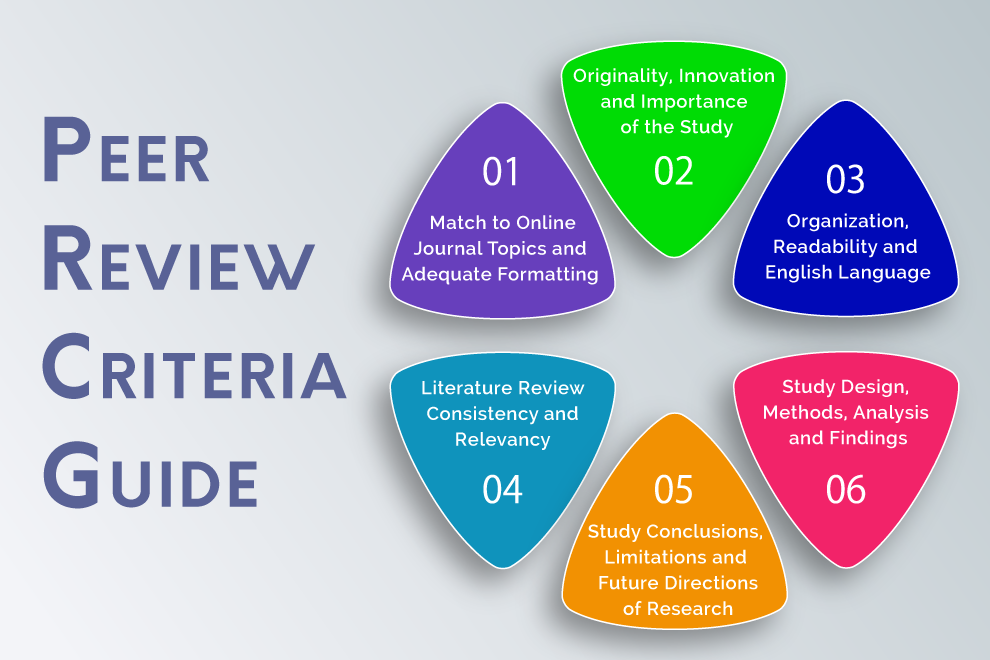How your article to get published our engineering journal

However, medical journal publishing can also be challenging, from deciding where to submit to following up afterward. Here a few key tips on how to get published in a medical journal.
Where to submit
Your first step is to find several journals that would be good fits for your article. Journal impact factors?a quantitative metric of the relative importance of a particular journal?can provide a good place to start when you?re deciding where to submit your manuscript. Journals with higher impact factors are more frequently cited in medical literature, so your work will be seen by more people if it has a high impact factor. Journal Citation Reports provides journal impact factors and is available through many institutions. You may also want to reach out to your principal investigator for advice about prospective journals.
Know that less reputable journals may be financially rather than scientifically motivated to publish articles. As the Journal of Bone & Joint Surgery notes, these journals may engage in ?predatory publishing,? publishing articles in exchange for processing fees, without a structured review process and with little regard for the content of the articles published. Things to look out for when identifying predatory journals include a lack of a clearly delineated peer-review process, repeated solicitation for article submissions, open access models and article processing fees. However, as an article in Nature noted, the intent of a particular journal may not always be easy to ascertain.
From there, identify the journal you?d like to submit to first and read through its author instructions so you can tailor your manuscript to the publication?s requirements. Each journal may have different requirements for word count, figure and reference limits and documents proving patient permission. It may also be helpful to read other academic papers in your target journals to get a sense of their style, tone and general structure. Make sure to seek out feedback from co-authors and mentors to improve the manuscript.
How to submit
There are a few key steps to take before your manuscript is ready to submit. Keep in mind:
- The manuscript preparation process can be lengthy, so before submitting, look at recent publications to make sure new articles haven?t already addressed your topic. It?s important that your research contribute something new and interesting.
- Take one more look over the authorship instructions to confirm that the manuscript is formatted according to the journal?s requirements and any requested paperwork is complete. As superficial as it may seem, this step is a key part of how to get published in a medical journal. You want to demonstrate that you pay attention to detail.
- Review spelling and grammar to ensure that everything?s correct. Again, the little things can make a big difference.
- Be sure to get final edits and permission from all authors before submitting.
After you submit
At most journals, editors will receive your manuscript and then decide whether to send it out for peer review. If they decide not to, your paper is rejected and you may submit it elsewhere.
After the peer-review process, there are several potential messages you may receive from editors:
- Rejection. Don?t be discouraged if your manuscript is rejected. Rejection is an inevitable part of the publishing process, and most researchers have experienced it. Choose another journal, perhaps with a lower impact factor, and reformat your manuscript according to its guidelines. If you received any feedback, strongly consider incorporating it into your future submissions.
- An invitation to revise and resubmit. This indicates that the journal sees potential for publication if you address requested revisions. However, this doesn?t guarantee eventual acceptance.
- Acceptance. Congratulations! There are a few ways your paper may be accepted:
- As is. Acceptance without any requested adjustments or edits is a relatively uncommon outcome, so don?t necessarily expect it.
- With minor or major revisions. In either case, your paper will usually be accepted if you make the requested changes.






